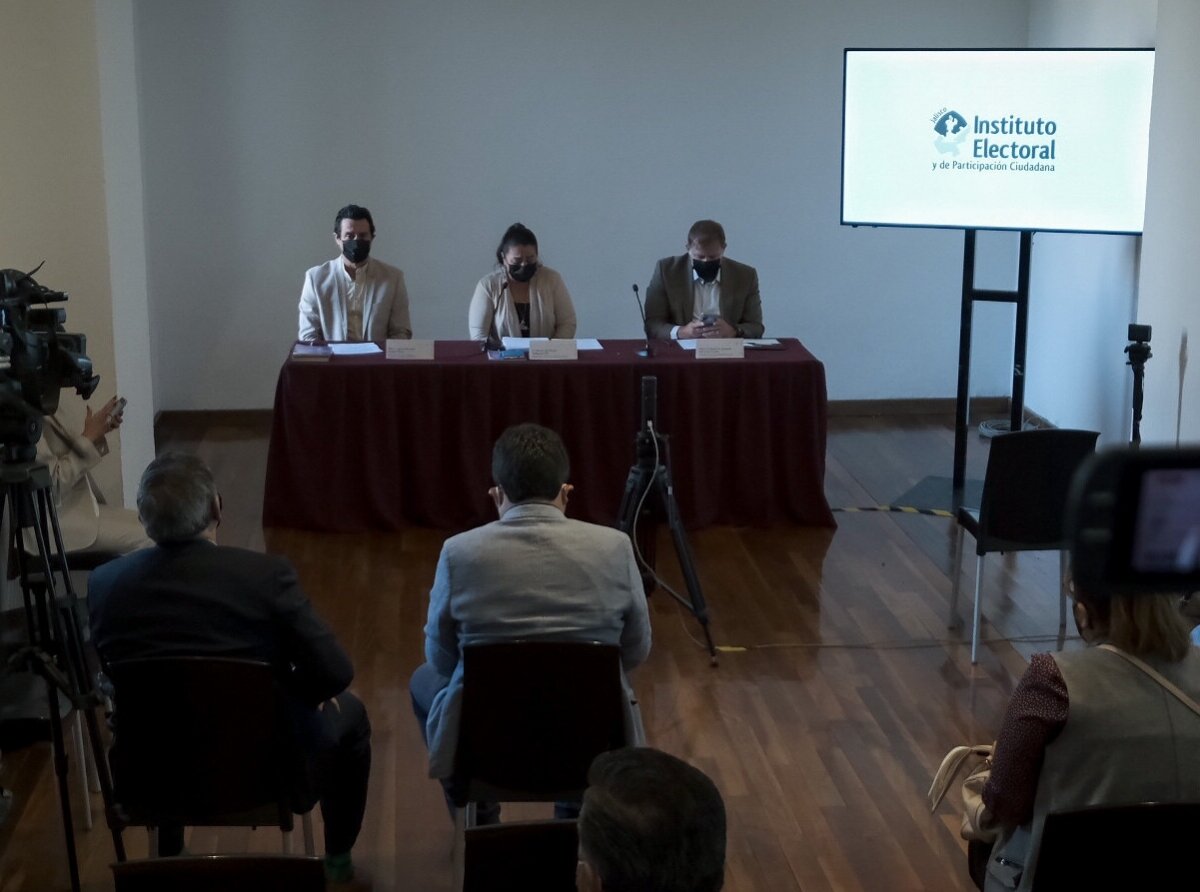The Fiscal Pact is the current basis of the Mexican tax system, an agreement between the states signed 41 years ago for the distribution of the Federation's resources.
In this National Fiscal Coordination system, the adhering states decline some of their tax powers so that the Federation mainly collects the VAT tax.
In this sense, the adhering states cannot tax any act or activity that is subject to the payment of the VAT tax, or some other contributions such as the Special Tax on Production and Services (IEPS.) In return, the Federation returns to the states shares of federal revenue, for the state to carry out the distribution of resources. Within this Fiscal Coordination Law, differing formulas are contemplated to redistribute the shares taking some elements or factors into consideration.
However, this agreement is not usually fair, as in the case of Jalisco, where for every 10 pesos that are delivered to the federation, only 2 pesos are returned. In other words, the states and municipalities practically become payers for the Federal government.
Also, the main characteristic of these resources transferred by the Federal government is that they can only be spent in the destinations set by the federal authorities, and under the modalities, amounts, terms, and projects that the federal government itself decides, even without knowing the true needs of the state and removing the possibility of modifying these resources according to the required needs.
It is important to note that, if a state disincorporates itself from this agreement, it continues to belong to the Mexican Republic, but it will have to establish those contributions to replace the income that it would cease to receive from federal participation. However, this is not the objective of the Popular Consultation to be held in the state.
The purpose of the consultation is to generate an informed participation process with the Jalisco population, which allows the review of the current situation of the fiscal pact in order to generate a comprehensive reform proposal to it.
Among the main objectives towards fiscal coordination are:
Coordinate the fiscal system of the Federation, with those of the federal entities and those of their municipalities.
Establish the participation that corresponds to its public finances in federal income.
Distribute among them said federal shares.
Establish rules of administrative collaboration between the various tax authorities.
Create agencies for fiscal coordination.
Give the bases of its organization and operation.
Establish a better distribution of fiscal resources among the Federation, states, and municipalities.
Strengthen the Public Treasuries of the various levels of government to actually sustain the sovereignty of the states and municipal autonomy.
Create harmony with the National Tax System.
Avoid as much as possible the overlapping of taxes of the Federation, states, and municipalities; as well as multiple surveillance interventions by the various authorities on the matter.
In order for the Jalisco population to be included in the forming of the proposal, the Secretary of Planning promoted the discussion of the issue within the State Council for Citizen Participation to be able to present the details of what will be the first Popular Consultation on the Fiscal Pact to be held in the state.
This citizen participation mechanism approved in the plenary session of the State Participation Council, will be held in the 12 regions of the state over eight days, distributed over four consecutive weekends, with dates from November 20 to December 12 of this year, divided as follows:
- November 20 and 21, Regions: Alto Sur, Altos Norte, Ciénega and Sureste
- November 27 and 28, SOUTH Regions, Lagunas, Sierra de Amula and Valles
- December 04 and 05, Sierra and Central Coast, North and South Coast
- December 11 and 12, central region
In the case of the Guadalajara Metropolitan Area, 100 electronic ballot boxes will remain installed during the four weekends.
The question that will be asked to the participants will be:
"Do you agree that every six years, the terms of the Fiscal Coordination and the way in which the federation distributes taxes should be reviewed, so that it can be decided whether Jalisco remains or leaves the Fiscal Pact?"
It should be noted that the consultation does not seek to break with the fiscal pact; what is mainly sought is for the legislature to review the fiscal coordination agreements every six years so that the state receives a fair, equitable, and responsible allotment of federal resources compared to its contributions.

